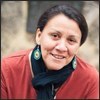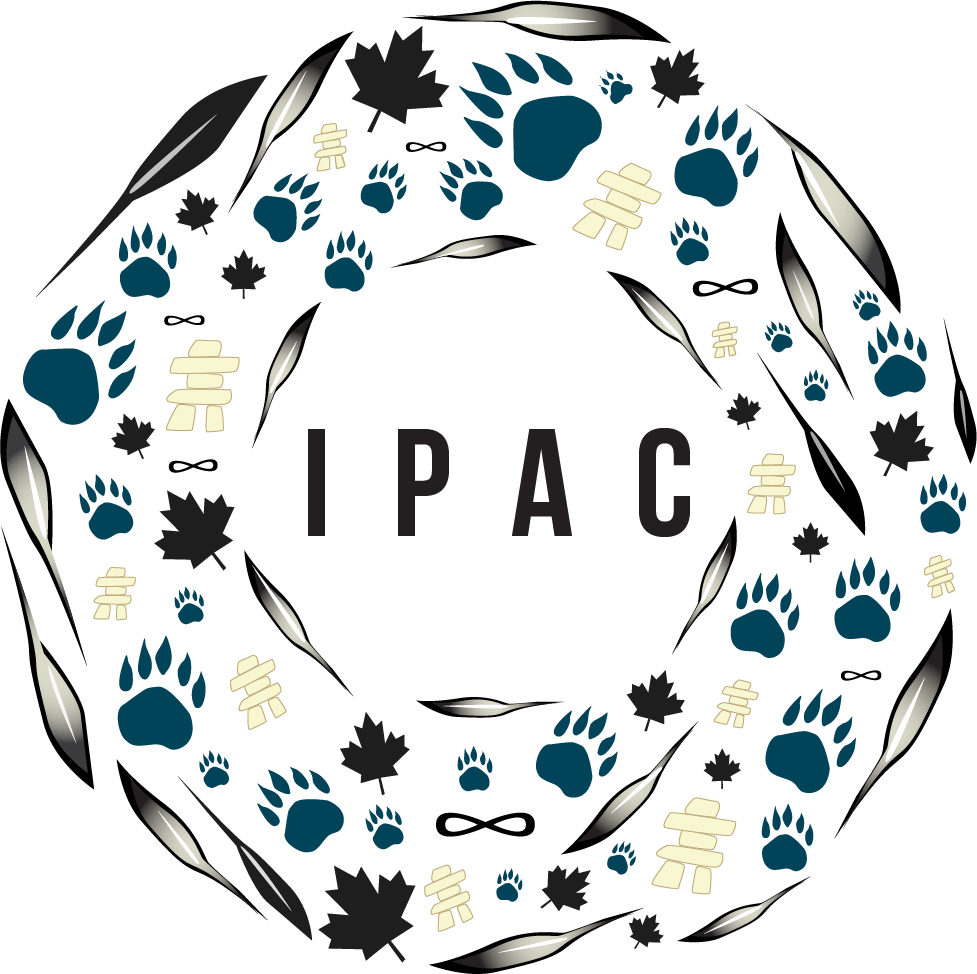RECOGNIZING EXCELLENCE - TERRY SWAN

Describe your job in just under four sentences.
Terry Swan, deputy director of Aboriginal Initiatives and Education at Right to Play.
I work at Right To Play as deputy director of Aboriginal Initiatives and Education. We work in over 50 Aboriginal communities using the transformative power of sport and play to help build essential life and leadership skills with Aboriginal youth. I am pursuing an M. Ed. with a focus on urban Aboriginal education through York University. I have a consulting company, Wahkohtowin Consulting, where I offer my services as a program developer, facilitator, and trainer.
Why did you start working in your industry?
I am an advocate for equality and social justice. Throughout my career, I focused on violence prevention, education and reduction strategies, and promotion of healing initiatives in Aboriginal communities.
What do you enjoy the most about your job? What aspect makes you learn the most while on the job?
The ability to share my story and to be a mentor to the younger generation – our future leaders – is what inspires me the most today.
Where do you see yourself in 5 years?
There is a disproportionate rate of young people completing high school in Aboriginal communities. I want to be a part of the growing movement that encourages and supports culturally-responsive educational practices that encourage youth to stay in school.
What does success look like to you?
Success looks like effective, respectful, and meaningful relationship-building between stakeholders and partnerships in the best interest of service to Aboriginal communities.
What has been the most outstanding moment thus far in your career?
An outstanding moment for me was to find out that a program I helped develop, Kanawayhitowin: Taking Care of Each Other’s Spirit, was nominated for a 2012 Global Avon Communications award. This occurred at the second World Conference of Women’s Shelters in Washington, D.C. Kanawayhitowin focuses on raising awareness about the signs of abuse against women in Aboriginal communities.
Do you volunteer? If so, where and why is that important to you?
I am a helper to Elders during sweat lodges and full moon and fasting ceremonies. I understand that 80% of ceremonies is in the preparation whether that is cooking food, gathering cedar, blankets for the lodge, or gifts for the giveaway. Elders need our help as these activities take time and effort.
Do you have any advice for other Indigenous professionals in Canada?
Elders have taught me that now is the time for us to pick up our bundles (strengths and gifts) to help our communities heal from the effects of residential schools and assimilation policies. I have met many young Anishinaabe people that yearn to learn about themselves and their history. I encourage Aboriginal professionals to be a part of the resurgence and restoration of our cultures to help bring the tools needed for that to happen.
What do you think is the most unique challenge for an Indigenous person in your industries?
The most unique challenge is to find supportive mentors who teach you while passing on the tools of their trade. Many people helped instill a sense of pride and self-confidence in me throughout my career.
What made you interested in joining the Indigenous Professional Association of Canada and why would you encourage others to join?
I am interested in networking with like-minded people. I was thrilled to find out there was an association dedicated to highlighting the strengths and resources of Indigenous professionals which can be utilized to support our communities.

